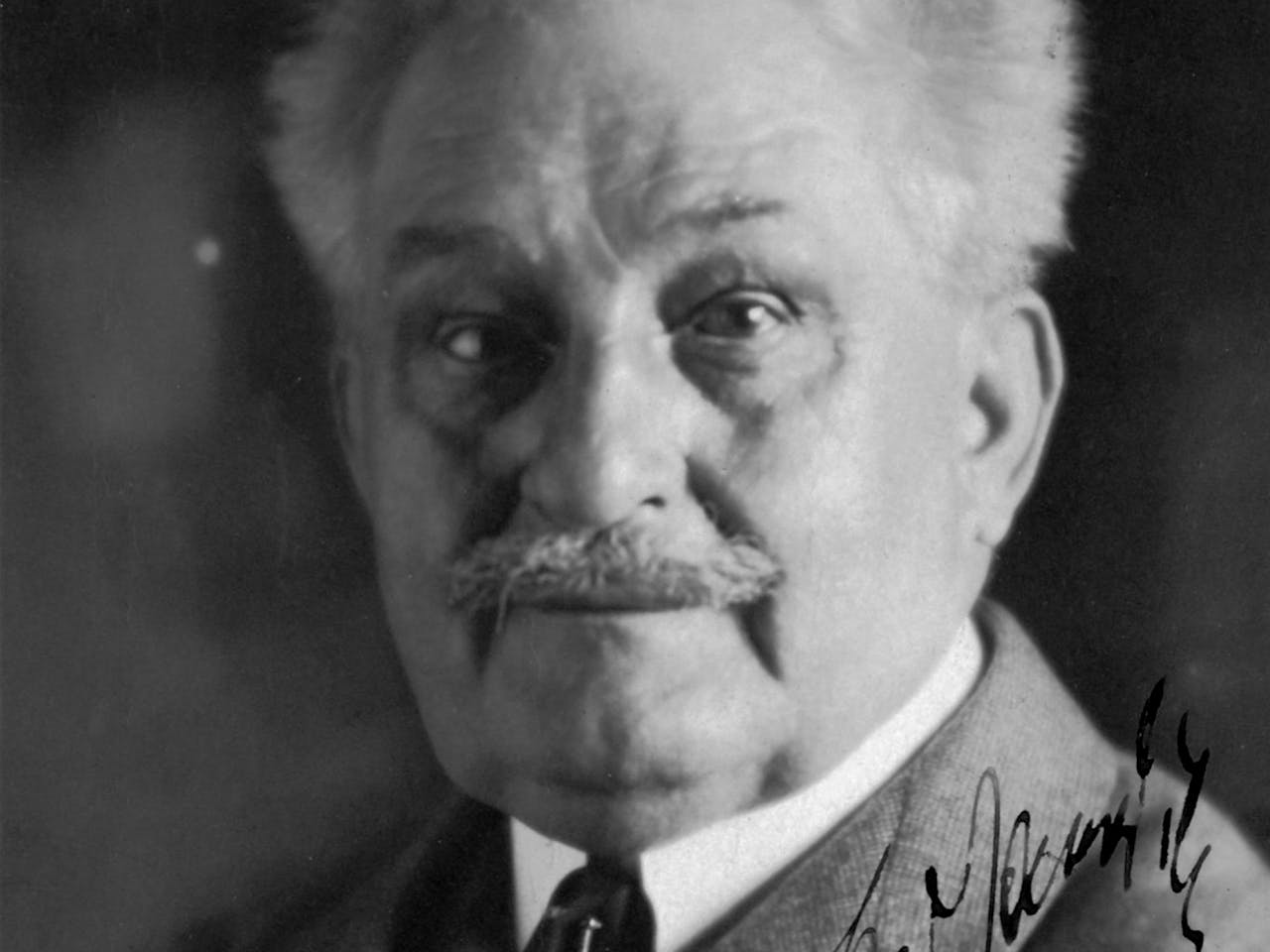Leoš Janáček
Biography
Leoš Janácek (1854–1928) was one of the most original operatic composers of the early 20th century. A late developer, he was fifty when he completed his first mature opera, Jenufa, and wrote much of his greatest music in his final decade.
Janácek was born in the village of Hukvaldy in Northern Moravia (now part of the Czech Republic). At the age of 11 he became a chorister at the Augustinian Monastery in Brno. He went on to further studies at the Prague Organ School, the Leipzig and Vienna conservatories, and the Czech Teachers’ Institute in Brno. For many years he worked as a teacher in Brno, including as Director of the Brno Organ School (1881–1919), and conducted choral societies, for which he wrote his first compositions. Janácek decided to write operas after reviewing opera productions in Brno for the musical journal Hudební listy (which he founded). However, for years he had limited success. His first opera, Šárka (1887) remained unperformed for decades, his second, The Beginning of a Romance (1894) made little impression, his fourth, Osud (Destiny, 1904) was declared un-performable, and his comic The Excursions of Mr Broucek underwent numerous libretto-related crises. His third opera, Jenufa, was a local triumph at its Brno premiere (1904) but it took more than a decade, and an ardent campaign by Janácek’s admirers, to get it performed at Prague’s National Theatre. Fortunately, the 1916 Prague premiere was an enormous success; Janácek secured a contract with Universal Edition in Vienna, and began to be known outside the Czech Republic. Janácek’s last years, from 1920 to 1928, were amazingly fertile: along with two string quarters, the Sinfonietta and the Glagolitic Mass, he wrote four remarkable operas: Kát’a Kabanová (1921), The Cunning Little Vixen (1924), The Makropulos Case (1926) and From the House of the Dead (1930, performed posthumously). All four were in part inspired by his passion for Kamila Stösslová, a married woman nearly forty years his junior.
Janácek’s operas are particularly known for their distinctive use of Moravian and Slavic folk music, episodes of intense lyricism, striking orchestration and for the composer’s imitation of speech patterns in melody. Like Puccini’s operas, they are also notable for their dramatic power and concision.
Royal Opera House Covent Garden Foundation, a charitable company limited by guarantee incorporated in England and Wales (Company number 480523) Charity Registered (Number 211775)

